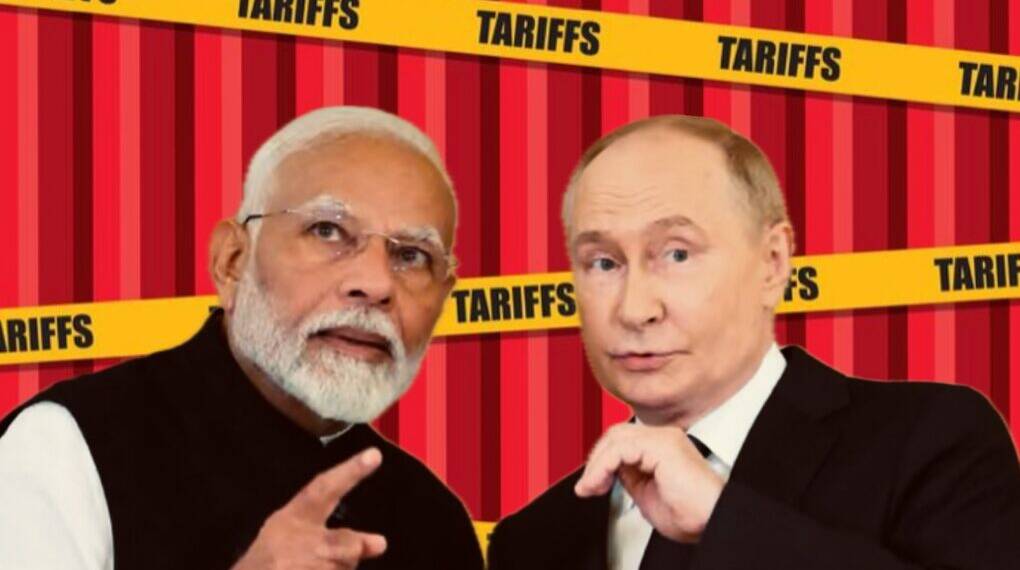Russian President Vladimir Putin is expected to visit India soon, with dates for the annual India-Russia bilateral summit reportedly near finalization, according to Indian National Security Adviser Ajit Doval. This visit, anticipated around late August 2025, will mark Putin’s first trip to India since December 2021.
From a global perspective, this summit holds significant diplomatic and strategic importance amidst shifting geopolitical dynamics. India and Russia share a longstanding “special and privileged strategic partnership,” rooted in decades of military, economic, and political cooperation from Cold War times to present. Despite evolving global pressures and new alignments, their relationship continues to be a stabilizing factor in Asia and beyond.
Sanctions and Tariff Threats
Putin’s visit occurs against the backdrop of recent trade tensions between India and the United States, notably after President Donald Trump imposed steep tariffs—up to 50%—on select Indian goods. These tariffs were widely attributed to New Delhi’s continued imports of discounted Russian oil, despite Western sanctions on Moscow following the Ukraine war. This U.S. move highlights Washington’s intent to pressure India economically to conform to its policy demands on Russia, complicating New Delhi’s balancing act between its strategic ties with Moscow and its growing partnership with the West.
The tariffs threaten to strain the India-U.S. relationship, presenting Delhi with a challenge in navigating its foreign policy priorities. India has maintained a careful stance, continuing defence and energy cooperation with Russia while sustaining engagements with the U.S. and other Western countries. This dual approach reflects India’s wider geo-strategic strategy to maintain autonomy in its foreign relations amid global contestations.
Continued Strategic Partnership
The forthcoming India-Russia summit is expected to focus on enhancing defence collaboration, energy security, and economic ties. Key agenda items may include expanding fertiliser supplies from Russia to India, as recently acknowledged by Putin following a request from Prime Minister Narendra Modi. Defence cooperation remains pivotal, exemplified by Russian military technologies like the S-400 missile defence system and the BrahMos supersonic cruise missile, which have featured prominently in India’s recent strategic operations.
Additionally, the summit could address broader themes such as civil nuclear cooperation, Arctic resource collaboration, and the pursuit of high-technology industry partnerships. Beyond the bilateral forum, Modi and Putin are also expected to meet on the sidelines of the Shanghai Cooperation Organisation (SCO) Summit in China, further underscoring the multi-layered engagement between the two leaders.
Putin’s impending visit underscores the resilience and strategic significance of the India-Russia partnership in the face of complex global pressures, including U.S.-India trade disputes and the ongoing war in Ukraine. It reflects how India seeks to preserve its established ties with Moscow while managing growing expectations from Western powers, particularly the United States, to align more decisively against Russia.
The bilateral summit symbolizes a critical moment where geopolitical interests intersect among major powers, illustrating the nuanced diplomacy India pursues in a multipolar world. Meanwhile, the U.S. tariffs on India and China serve as economic instruments to influence global alignment regarding Russia, exacerbating tensions but also highlighting the intricate web of contemporary international relations centered on energy security, defense partnerships, and economic diplomacy.








